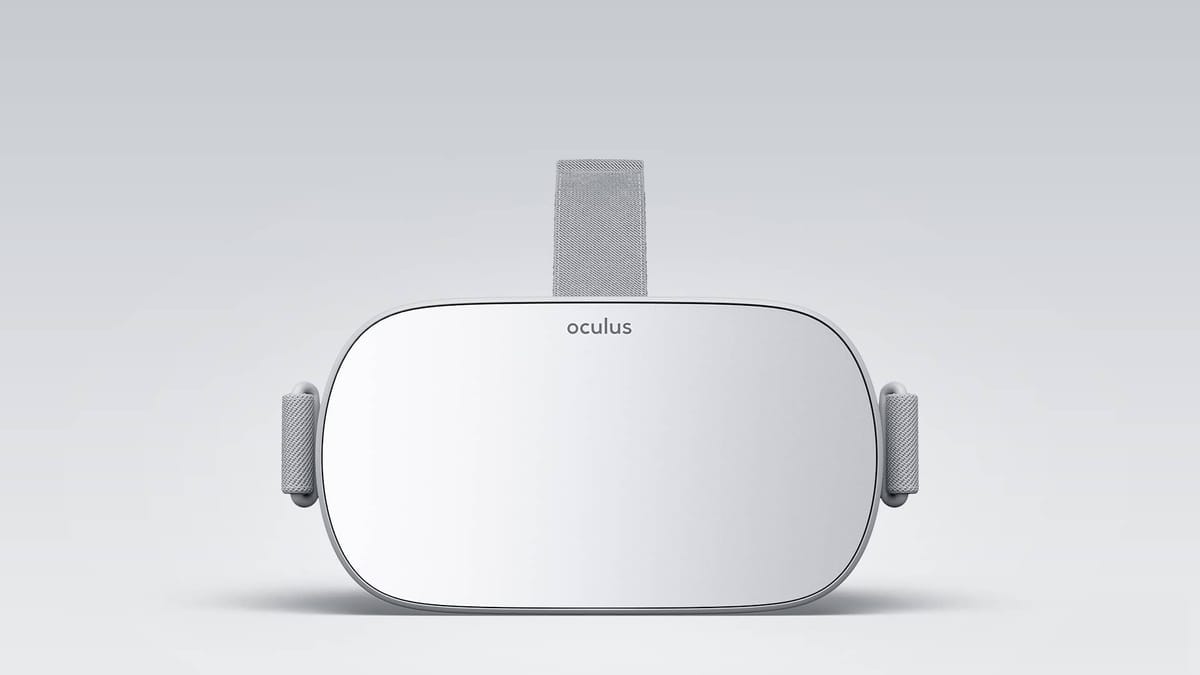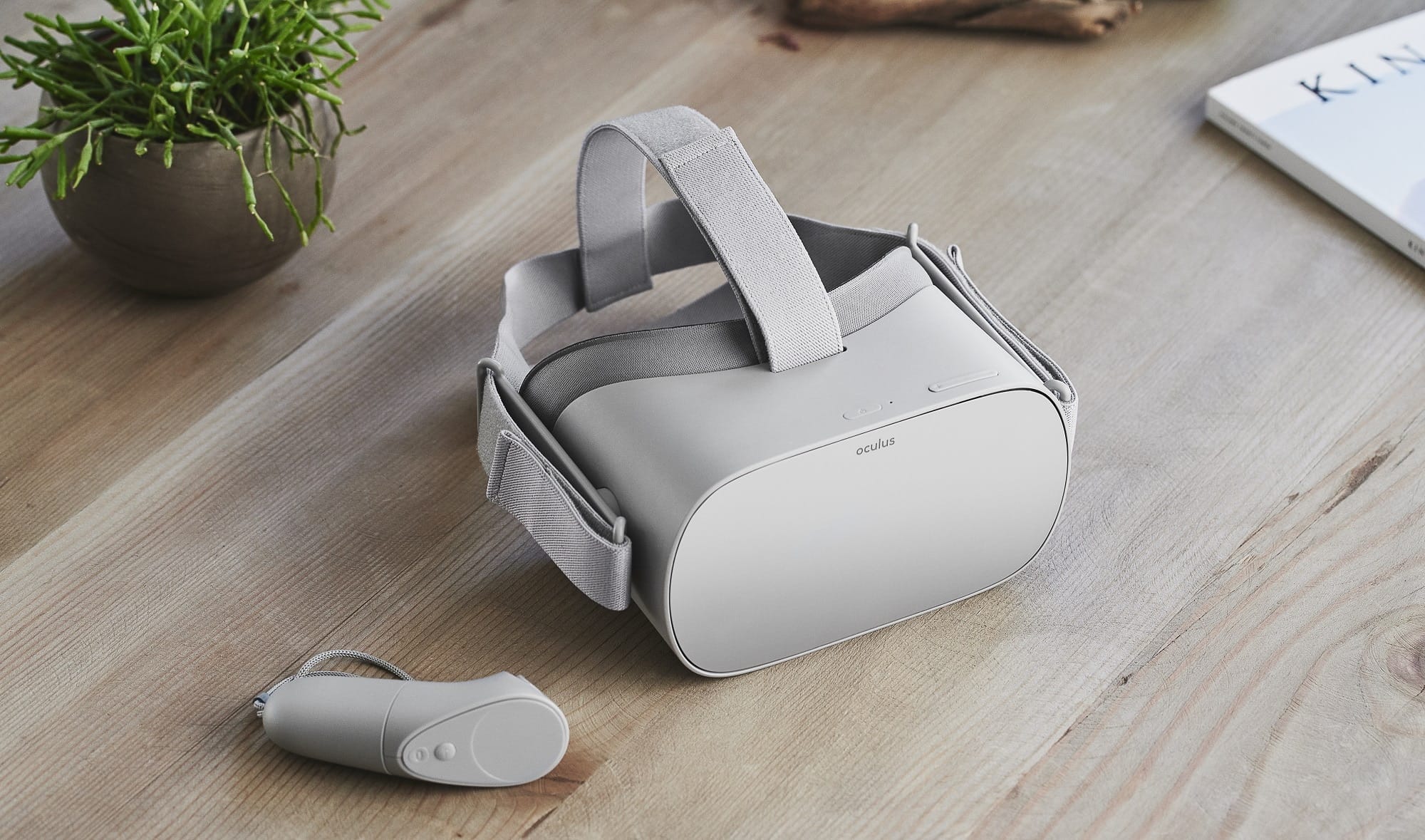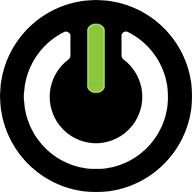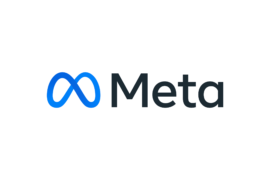Swathes of Oculus Go owners are reporting an error preventing launching many apps.
The “Failed Entitlement Check” issue seems to have been first reported by RobbyC57D on the Meta Community Forums around three weeks ago, and since then dozens of other Oculus Go owners have chimed in on the thread to say they’re experiencing the exact same problem. The issue apparently occurs for both free and paid apps but is only affecting some apps, not all.
Multiple of these owners say they tried contacting Meta’s customer support but were just told to factory reset their headsets, which doesn’t fix the issue.
Oculus Go headsets no longer connected to the internet aren’t affected, suggesting this is a server side issue.
In a reply to RobbyC57D’s thread now marked as the “Accepted Solution” by the forum’s moderator, Meta Quest Support gave the following statement:
“The Oculus Go was an important stepping stone in the lifecycle of not only Oculus but VR as a whole. It brought to life a new world for millions of people, and introduced them to what VR was, and could be. We would like to thank you for being an early adopter of this new reality, and for taking this journey with us for so long. Unfortunately, all things must come to an end, and our focus has since shifted to ensure that we can keep focusing on pushing what is possible in VR. While support for the Oculus Go has ended, we hope you can still find plenty of experiences, wonder and fun with the apps that continue to thrive on the Oculus Go, and hope to continue to see you in the virtual world!”
Oculus Go launched in 2018 as the first western standalone VR headset. Not requiring a smartphone, console, or PC and having no wires made Go almost unique on the market, and its $200 starting price rendered it an impulse purchase for many.
But Go lacked 6DoF positional tracking and had only a simple rotational laser pointer remote, so you couldn’t physically move your head around or directly interact with the virtual world. These limitations meant it wasn’t capable of running many of the VR games and experiences that would be selling points for the later Oculus Quest. And its flagship media cowatching use case marketed with celebrity advertising only worked in the US.

Just two years after it launched, Facebook stopped selling Oculus Go and vowed to never make a headset without positional tracking again. Since December 2020 the Go Store has been frozen, with no new apps or updates able to be added, and in 2022 the headset stopped receiving even critical security updates and bugfixes.
Meta’s support for Go has long since ended, and the statement above seems to make clear it has no plans to fix the new critical issue with its aging store infrastructure. The vast majority of Go owners have moved on, but for the few remaining users of Meta’s lightest and lowest friction standalone headset to date, losing access to their apps due to a server side issue will be a bitter pill to swallow.






